
Hypotension is in fact the low blood pressure, lower than90/60mmHg. When this happens, the blood doesn’t provide enough oxygen to thecells in the body or remove toxic products from the cells. Dehydration, blood lossand dilatation of the blood vessels will influence the blood pressure and makeit lower than normal. Also, in cases of slow heart beat, heart contraction isweak, less blood is pumped from the heart and the blood pressure is lowered. Sometimesa person in a shock could have this condition.
Blood pressure is changing constantly during your day. It isperfectly normal to have lower blood pressure while sleeping and resting. Whenyou wake up, get excited or nervous, or when you are physically active yourblood pressure rises up.
Sensors for blood pressure are in our neck and in the chest,detecting the fluctuations in blood pressure. The signals from these sensorsare transferred to the brain and then to the heart, blood vessels and kidneys,to produce the change that the body needs. Low blood pressure will make thebody to use its compensatory mechanisms. It means that the heart will be beatingfaster and stronger, and the kidneys will regulate the water in the body,accordingly to the data from the brain. In extreme cases these mechanisms arenot strong enough and they won’t increase the blood pressure.
The common symptoms of hypotensionare dizziness,tiredness and lightheadedness, and really low blood pressuremay cause a person to faint, or experience confusion and even seizures.Low blood pressure could also be manifested as heart palpitations andvision problems. Headache, neck problems, diarrhea,vomiting, shortness of breath or high fever (over 101°F/38.3°C)are all possible symptoms of hypotension.
Certain medication can have loweringeffect on the blood pressure. Nitrates, diuretics, calcium channel blockers,ACEI (angiotensin converting enzyme inhibitors), used to treat older patientssuffering from heart problems are known to cause orthostatic hypotension.
To a healthy person with low blood pressure is not a problem and doesn’t haveto be treated. When the symptoms appear the doctor will find the reasons for the condition and treatthem.
Sometimes, hypotension is dangerous. Patient might fall because of dizzinessor faint, and injure him/herself. The best you could do for the fainted person isto elevate their legs and lie them down. Another dangerous condition related tothe low blood pressure is shock, and it should be treated instantly.
Too slow heart beat (as the reason for low blood pressure) can be treatedwith medication or surgically improved by implants or defibrillators.




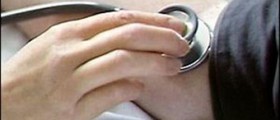

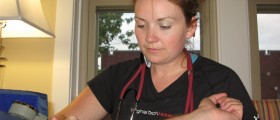
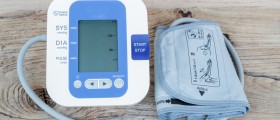
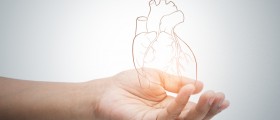
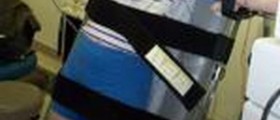
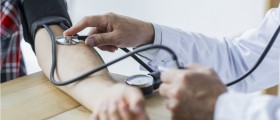
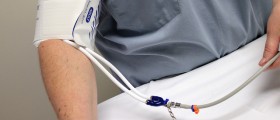
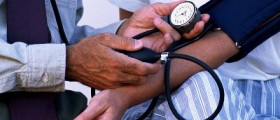
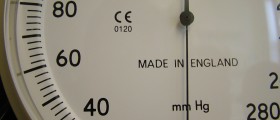
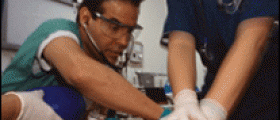


Your thoughts on this
Loading...